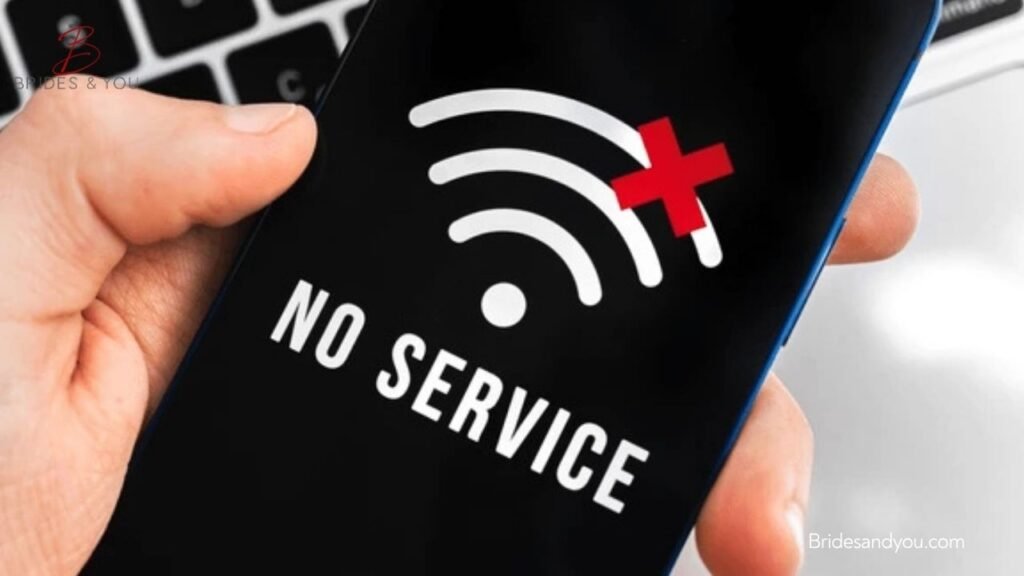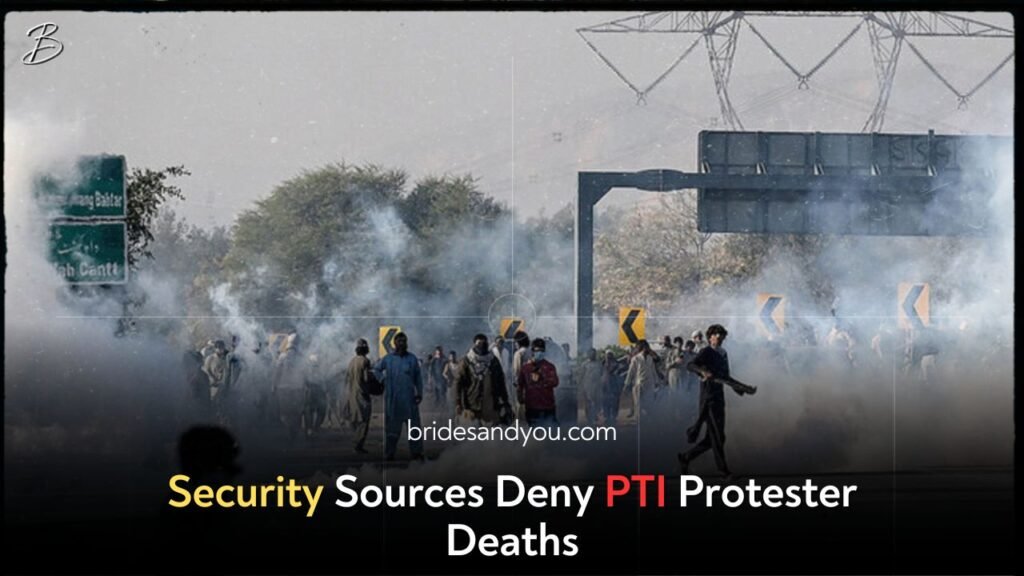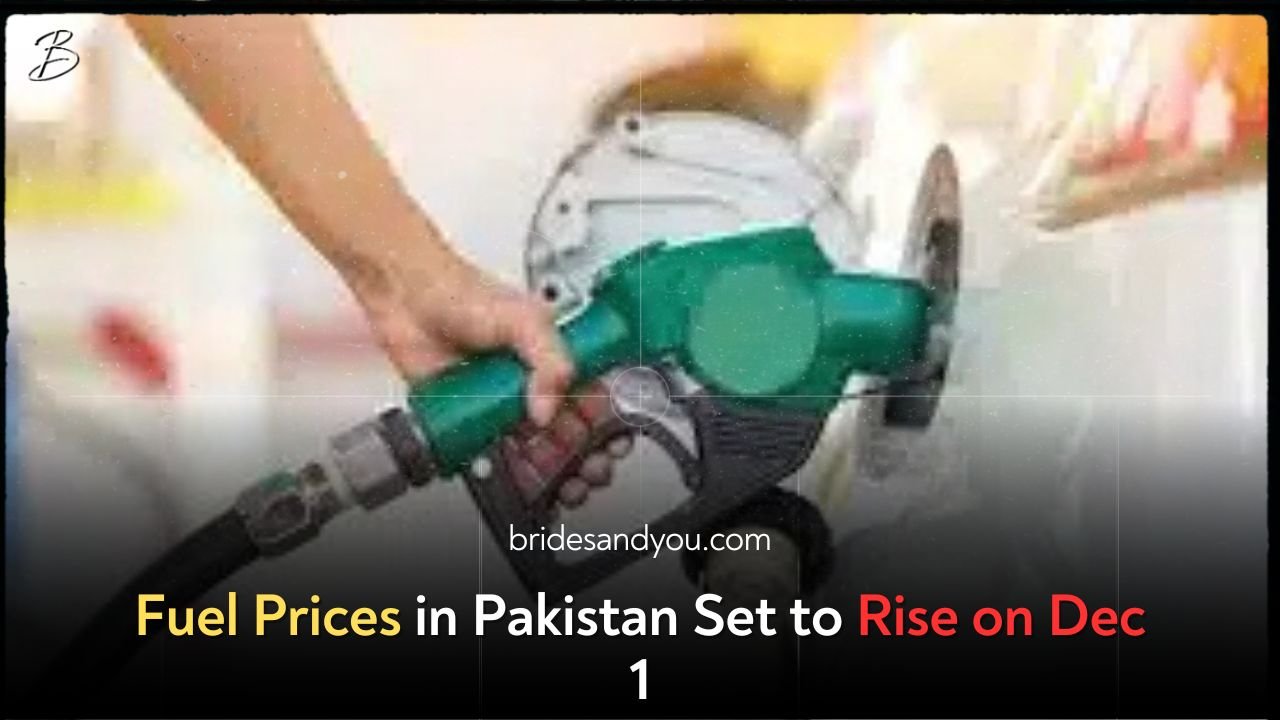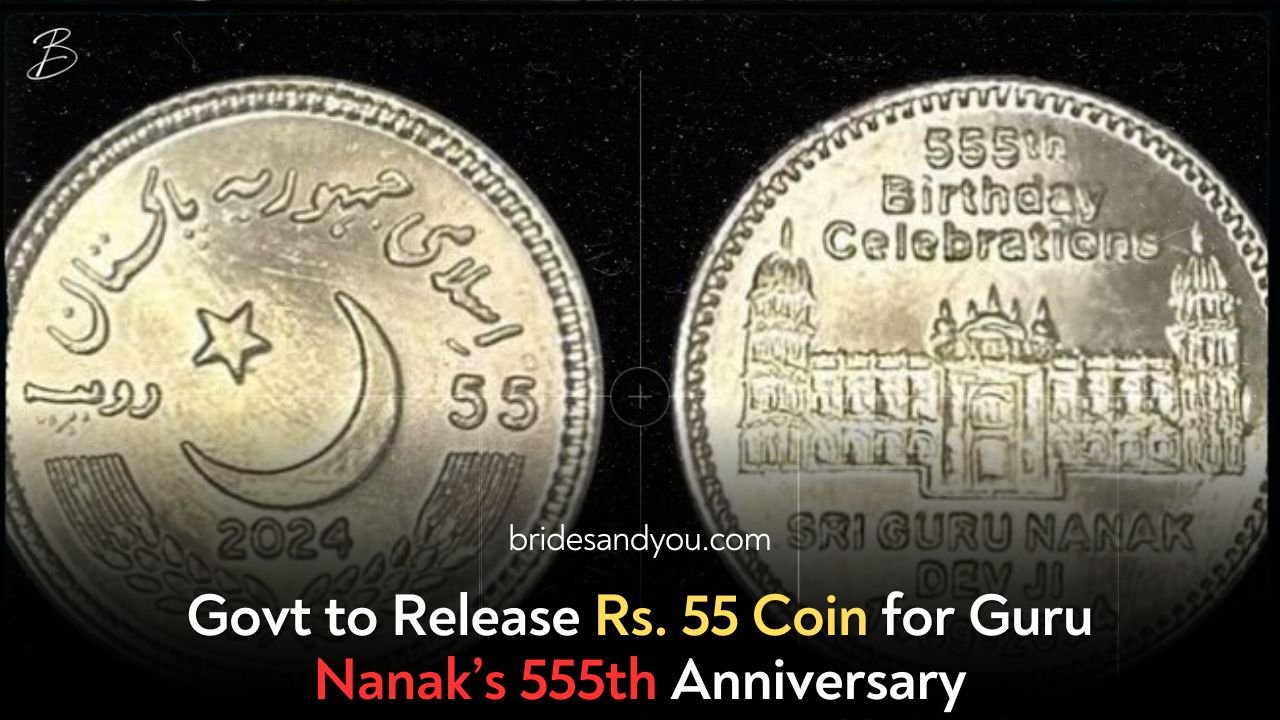Now Reading: Islamabad on Lockdown Amid PTI Protests: Routes Sealed, Services Suspended
-
01
Islamabad on Lockdown Amid PTI Protests: Routes Sealed, Services Suspended
Islamabad on Lockdown Amid PTI Protests: Routes Sealed, Services Suspended
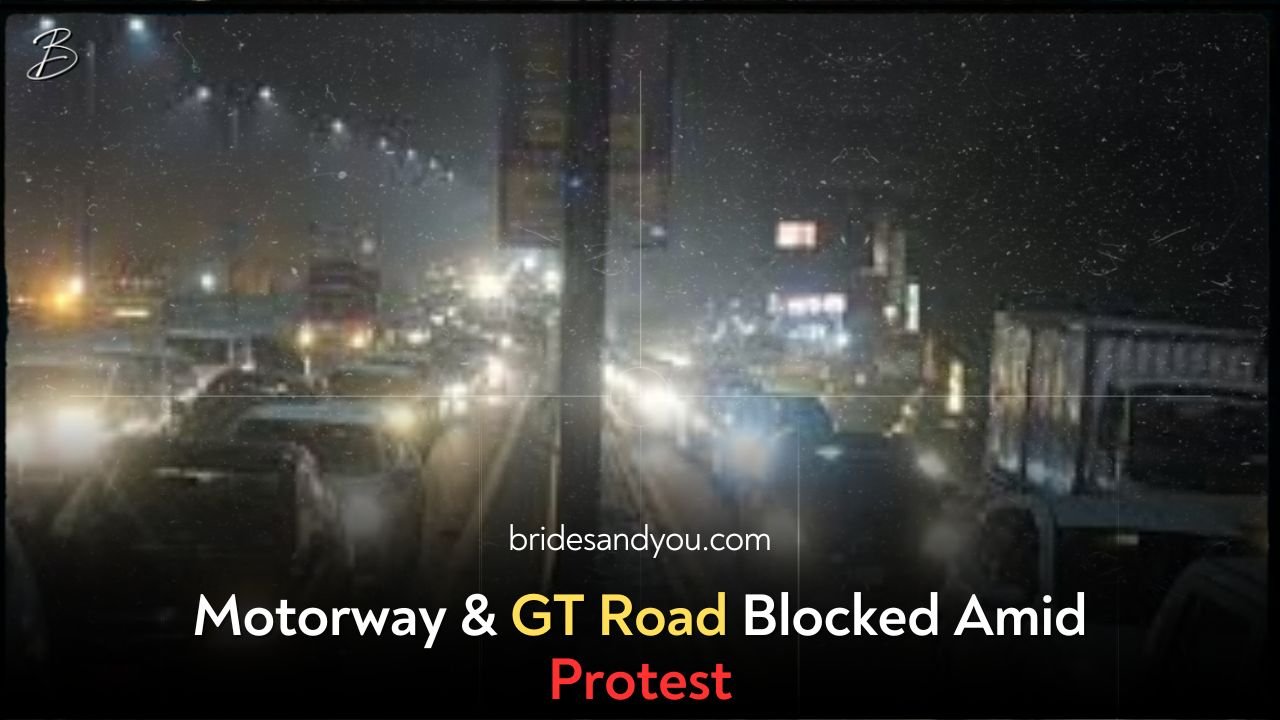
The federal capital, Islamabad, is under tight security as authorities brace for Pakistan Tehreek-e-Insaf’s (PTI) protests scheduled for November 24, 2024. Multiple key routes have been sealed with containers, and heavy deployments of police, Rangers, and other security forces have transformed the city into a high-security zone.
Here’s everything you need to know about the current situation in Islamabad and its surrounding areas.
Routes Sealed: Navigating the Blockades
Key routes into Islamabad, including those from Rawalpindi, have been blocked. Containers and barricades are in place at:
- D-Chowk and Red Zone: Secured with heavy police and Rangers’ deployment.
- Srinagar Highway: Blocked at Zero Point, with further closures connecting GT Road at T-Cross.
- Expressway: Closed at multiple points, including Khanna Pul.
- Airport Access: Routes to Islamabad International Airport via Golra Mor are also sealed.
Motorways M-1 (Islamabad to Peshawar) and M-2 (Islamabad to Lahore) have been partially closed, with entry restricted but exits allowed. Citizens traveling on these routes should expect delays and consider alternate travel plans.
Public Transport and Metro Services Suspended
Public transport services, including metro buses between Islamabad and Rawalpindi, have been halted as part of the protest precautions. Key terminals, including Faizabad, have been sealed, further complicating commutes for locals.
However, limited metro bus operations have resumed between Saddar Station and Faizabad, offering some relief.
Internet and Mobile Service Disruptions
To maintain order, the federal government has partially suspended mobile and internet services in Islamabad, Punjab, and Khyber Pakhtunkhwa.
- Internet Speeds: Slowed, with restricted access to social media platforms.
- Mobile Networks: Temporarily unavailable in specific high-risk zones.
The Pakistan Telecommunication Authority (PTA) has assured the public that there is no nationwide shutdown, but localized disruptions will persist based on protest developments.
Healthcare and Emergency Preparedness
Hospitals in Islamabad have been placed on high alert.
- Emergency Services: Polyclinic Hospital’s emergency department is fully operational with all staff on standby.
- Ambulances: Ready to handle potential emergencies as tensions rise.
This preparedness underscores the city’s commitment to ensuring public safety during these turbulent times.
Impact on Daily Life
The lockdown is causing significant inconvenience to residents, with:
- Exams Postponed: Allama Iqbal Open University has deferred all exams scheduled for November 24.
- Travel Difficulties: Many citizens are struggling to navigate the city due to road closures and transport disruptions.
Protests and PTI’s Stance
PTI’s leadership remains firm in their decision to march to D-Chowk, emphasizing their constitutional right to peaceful protest. According to PTI Secretary Information Sheikh Waqas Akram, “We will not back down until we achieve our objectives.”
Reopening Efforts
In response to citizen hardships, authorities have temporarily reopened the Expressway and cleared containers at Khanna Pul and Faizabad. However, roads are expected to close again once protestors begin arriving.
The unfolding situation highlights the delicate balance between maintaining public order and upholding democratic freedoms.





